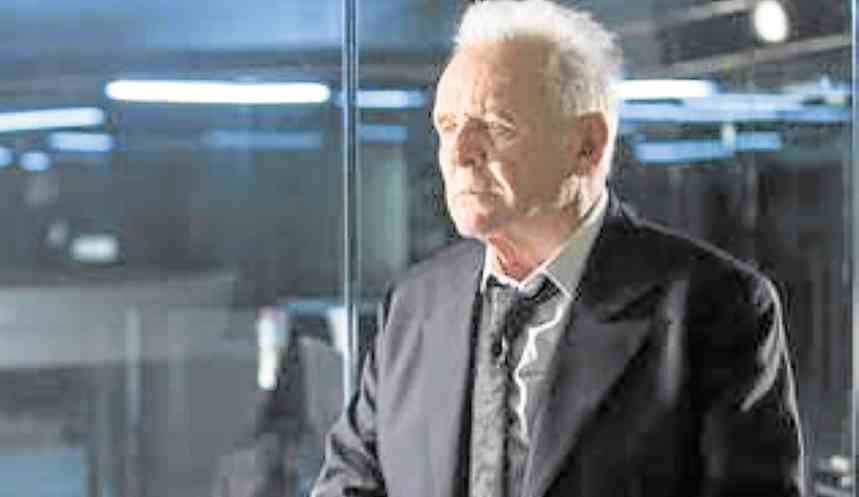Cutting-edge technology meets the Wild West in a theme park like no other, populated by lifelike automatons catering to human desires, in the new science fiction series, “Westworld” (HBO, Mondays, 9 p.m.).
Created by Jonathan Nolan (“Memento”) and Lisa Joy (“Pushing Daisies”), the series is inspired by Michael Crichton’s 1973 film of the same title, about sophisticated androids, aka “hosts,” and their creators and operators, in an unspecified future.
The Westworld park’s characters interact with wealthy visitors who wish to experience carnal pleasures with hyperrealistic androids, or to merely enjoy the replication of a bygone era.
All is mostly well, until one such synthetic being, Peter Abernathy (Louis Herthum), malfunctions after seeing a photo of the real world. He then exhibits aggressive behavior that contradicts his programming, during an examination by park authorities. His “daughter,” Dolores (Evan Rachel Wood), an important figure in the park, may have been “infected” by his little insurrection.
“Westworld” also stars James Marsden and Thandie Newton as hosts Teddy and Maeve; Anthony Hopkins as the resort’s wise creative director Dr. Ford; Jeffrey Wright as robotics expert Bernard; Ben Barnes as the brash bisexual visitor Logan; and Ed Harris as the horrendous “Man in Black.”
The concept of free will among subjugated or programmable beings was already profoundly tackled in Joss Whedon’s “Dollhouse” and Alex Proyas’ film, “I, Robot,” among other media. “Westworld” is offering another inspired take on the subject.
The show depicts most of its intelligent host characters as blissfully unaware of the truth, living their scripted lives in an unending loop for the pleasure of those who can afford an altogether life-affirming experience. (The monitoring areas are reminiscent of both “The Hunger Games” and “The Truman Show,” with omnipresent crew members aware of every event and nuance.)
Parallel to these artificial lives are the interweaving dramas of Westworld’s runners, playing god with the make-believe community, but hopelessly stuck in their own quandaries.
“Westworld,” after just a few episodes, is able to tell insightful stories from both fronts, simultaneously unfolding but meeting on a daily basis. From the existential crises to the creative challenges of its often-conflicted characters, the big-budgeted series allows such complex, multilayered storylines—about life and meaning—to meet and progress.
